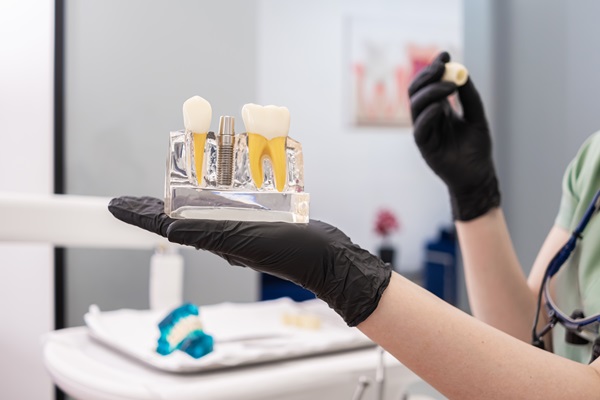Facial Trauma and Reconstructive Surgery

Reconstructive surgery is a great way for individuals who have experienced facial trauma to receive the care they need, restoring the appearance and function of their face as much as possible to how it was before the traumatic experience.
By understanding what reconstructive surgery is, you can determine whether it is right for you and your specific needs.
Reconstructive surgery for facial trauma
Reconstructive surgery is a procedure commonly performed following a traumatic physical event that causes moderate to severe damage to the face.
The following is everything to know about reconstructive surgery before choosing the procedure as your method of treatment.
What is reconstructive surgery?
Reconstructive surgery for facial trauma is the reconstruction of the appearance and function of the face after a traumatic event, such as a hard blow to the face or a facial burn.
Reconstructive surgery is a fairly broad term, and it can range from simple scar removal to replacing knocked-out teeth and reconstructing various facial features that have been moved out of place.
Overall, reconstructive surgery provides effective and efficient care to patients who have recently suffered a traumatic physical injury to their face.
Who is a good candidate for reconstructive surgery?
There are a number of reasons one might need reconstructive surgery on their face. Here are a few times when a reconstructive surgery may be a good idea:
- Car accident
- Sport injury
- Work injury
- Facial scars
- Cancer removal
In most instances, reconstructive surgery is used to repair the function of the face, such as talking, eating and living pain-free, as much as it is to repair cosmetic concerns, although reconstructive surgery is concerned with repairing the patient’s appearance as well.
The process of reconstructive surgery
Every reconstructive surgery is different, and the exact procedures that are performed during the surgery are unique to the individual patient and their exact needs from their facial trauma.
The first step toward facial reconstructive surgery is to schedule an appointment with a doctor or plastic surgeon, who can evaluate the patient’s specific needs and recommend treatment.
After the exact procedures of the reconstructive surgery are agreed upon by the patient and the doctor, a time and date are scheduled for the surgery to be performed.
Is reconstructive surgery safe?
Reconstructive surgery is a very safe procedure, and it is always carried out by knowledgeable, well-trained surgeons who are aware of the patient's exact needs.
While there may be some anxiety surrounding a reconstructive surgery, the surgeon is there the entire time to help the patient along and answer any questions.
Reconstructive surgery vs. plastic surgery
Often, reconstructive surgery and plastic surgery are confused with one another, and many view them as the same thing under a different name.
While they are indeed similar in nature, reconstructive surgery is the term most often used to describe a surgical procedure that is performed following facial trauma in which the function of the face needs repair, as well as cosmetic changes, whereas plastic surgery is almost solely concerned with cosmetic issues of the face.
Request an appointment here: https://www.drjstearns.com or call Platte Valley Oral Surgery at (303) 997-0220 for an appointment in our Denver office.
Check out what others are saying about our dental services on Yelp: Reconstructive Surgery in Denver, CO.
Recent Posts
Clinical studies show that the dental implant remains the gold standard of dental restorations. Implants can help bring back your smile and dental function. The right dental professional can perform the procedure without any issues. Here are the details on how an oral surgeon approaches a dental implant surgery.Choosing a dentist who has training and…
A missing tooth must get a tooth replacement as soon as possible. An untreated dental gap can contribute to many dental issues. That is why a dental replacement is important. Here are the details on how a tooth replacement can improve your smile.An oral surgeon understands how tooth loss can affect a patient. A tooth…
Learning what an oral surgeon does is a great idea. There are many different types of dental professionals in business, making it necessary to understand the differences between each type of professional. When it comes to oral surgeons, they tend to focus on correcting dental problems using one or more surgical processes.Consultation appointments with oral…
An oral pathology must receive immediate treatment. This can prevent more complications later on. Your oral surgeon can help correct any dental problem. Here are the details about each common oral pathology and its corresponding treatment.This oral pathology results from a bacterial infection because of plaque buildup. Symptoms of this condition include gum bleeding and…


